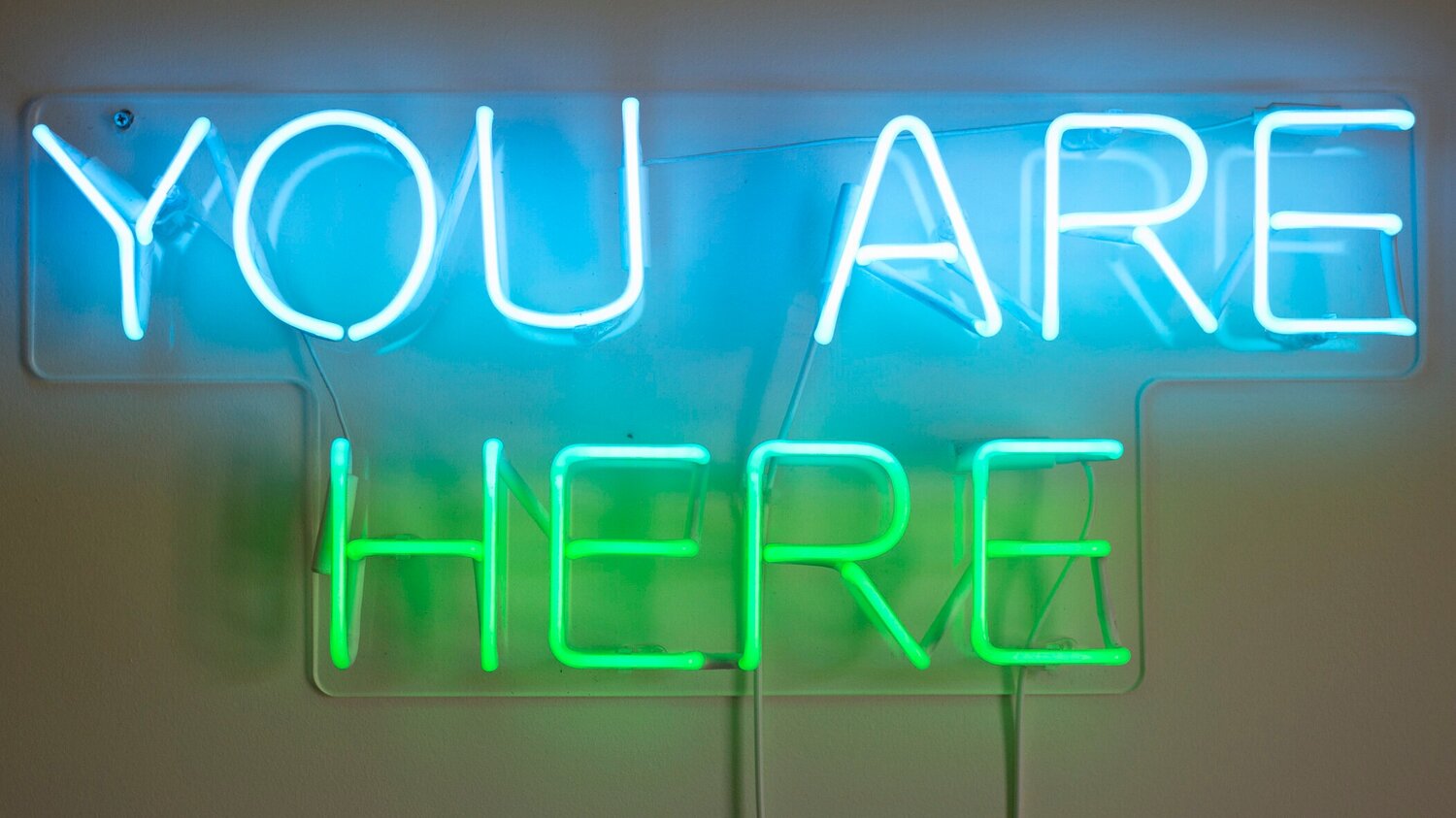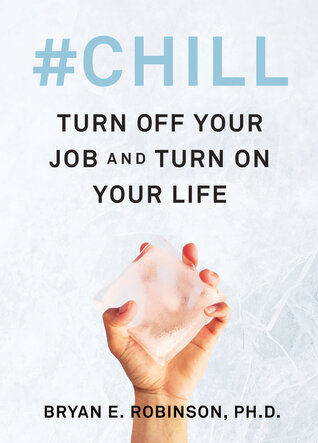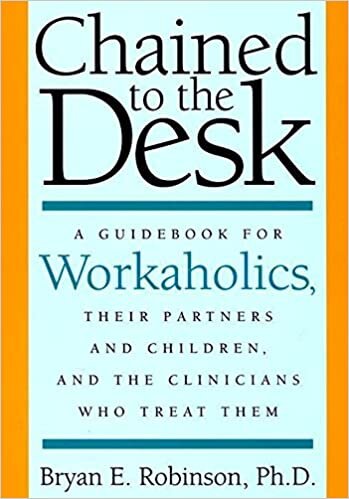
What is the difference between working hard and being a workaholic? Workaholism is glorified in our society and the term is often misused, making it difficult for people suffering from it to know they have a problem. Before childhood trauma research gained momentum in the 1980s and 1990s, there was no understanding of trauma and its consequences on a person’s life as adult, the link was not made between beating or neglecting a child and how it impacted the adult child’s mental health, intimacy or relationships down the road. Workaholism (also known as work addiction) can be an aftereffect of trauma. It is important to note that trauma is not the only cause for workaholism.
When we think of addictions, our mind directly goes to drugs, alcohol, gambling, shopping, overeating but rarely to workaholism. It is also called the “respectable addiction” and is often found in perfectionists who live their life addicted to pressure and productivity. Do you constantly have work on your mind? Do you procrastinate yet obsess about the work you “should be doing”? Do you work all the time, yet feel like you are not doing enough or you are lazy? Do you get anxiety thinking of the work that you are not doing? These are signs of work addiction/workaholism.
A workaholic or work addict has a compulsive need to work to the detriment of other areas of their life (relationships, family, health, sleep, etc). Even when they see the mounting negative consequences, they cannot stop, workaholism is repetitive and cannot be controlled. There is a big misconception that spending long hours in the office means you are a workaholic, you can be a workaholic without being gainfully employed, it can affect any area of a person’s life. It can be the way a person cleans their house or the way a stay-at-home parent is always on the go. In these times of COVID-19, it can be harder for people who suffer from this disorder because there is quasi no separation between work and home.
To manage prolonged trauma, an individual might develop a compulsive behavior that helps them cope with high levels of stress. The mechanism becomes maladaptive and destructive when the person is not in the traumatic situation anymore. Workaholics live the lie that their worth is determined by how much they get done. It can develop into an obsessive behavior, it is a real mental health problem that can lead a person to their death if not addressed. Karoshi is the Japanese term that translates to “death by overwork”.
Overworking can be a means for an individual to feel worthy. Adults who have experienced childhood trauma might derive their identity and self-esteem from what they do. The problem is the external validation is never enough and the workaholic just keeps chasing it. If a child is not loved for who they are (human being) they might think they have to do things to deserve love (human doing) and this might follow them into adulthood if not addressed. It is a compulsive need to achieve status and success to feel worthy. Workaholics derive their worth by the contribution they make through their work.
Working all the time and constantly being on the go can be a way of avoiding to think about difficult feelings. Parentification is the childhood trauma most connected to workaholism. When a child suffers from prolonged trauma, they live in a perpetual state of stress with no control over their life, work can become something they have control over or a means to escape their reality. They might come to believe that if they work hard enough it will bring peace in their home. They become really good students, overachievers, admired by adults and teachers but this comes at the price of anxiety and/or depression.
MY EXPERIENCE WITH WORKAHOLISM
It was a week night, I was sitting behind the counter where I could simultaneously see my clients drinking beer or palmwine in the parlour or in the yard, young people playing foosball. It was already dark at 7 p.m., and behind me was a TV set blasting Makossa music. Unperturbed, I had my books in front of me, I started reading in the middle of this noise so as to have enough time to prepare for my test. This was a normal night when I was a 12-year old in Kumba, Cameroon. Overworking was my way of escaping the chaos I grew up in. I was overworked at home and I overworked myself for school. I had two separate lives: the parentified and abused child at home and the student who depended on her grades to have a sense of worth at school.
I had many chores I had to handle on a daily basis, but I also worked really hard to have good grades in school, this was something I was doing for myself. I had no idea about who I was but I knew I could study and the more I studied the better I got. I just kept going with my studies and it was working well in keeping me balanced. At home I was not seen or acknowledged but at school I had the reputation of being a smart kid and I loved that. That was the only part of my life I felt I had control over. Studying was also a way of managing and suppressing the whirlwind of emotions I felt. When I studied, I felt calm. As the years went by, studying and reading became my shield from a lot of painful feelings stemming from abuse. No matter what was happening, when I opened my books to study I could not feel any pain, sadness or hurt. I latched on to that and people around me encouraged it and praised me for it.
When I closed the bar around midnight, I stayed up to study, kept myself awake by eating kolanut, deeping my two feet in a bucket of cold water or running around the house. When I moved to Switzerland, added to workaholism was perfectionism. As a teenager, I was uncomfortable in all settings, even in class. At one point, my only goal during the day was to go to school and make it back home. I read the dictionary, European history books, novels, worked on perfecting my accent in French through watching TV. Yet, I always felt as if I was not working hard enough (work dysmorphia), I beat myself up for not doing more. Since I was calm, did not say much and did well in school, nobody noticed how I was suffering. Workaholism is a good coping mechanism but only for a while. I hated weekends and holidays as a teenager, I did not know what to do with free time. To sustain myself and to fill up my time, I found a part-time job.
At university, my method of study was to wait until the last minute and throw what the researchers call a work binge, i.e. I worked all night, drank red bull to stay awake and took breaks to dance, shaking off the tiredness and stress. I was not motivated by the will to succeed but the fear of failure. One time, I studied for seven days in a in a row, leaving my room only for meals and a shower. When I look back, I realize the amount of violence I put myself through, though I did not realize at the time. Once I graduated university, I was tired of chasing accolades, the ones I had accumulated did not help increase my self-esteem or reduce my imposter syndrome. I was scared of being discovered as a fraud at any moment. Yes, it was exhausting! My grades and accolades did not make me feel better about myself, I was always thinking about the next thing I would be doing. The more I ran away from my trauma the worst I felt about my achievements. I kept achieving even though these achievements never brought that sense of worth I so longed for, it never filled the hole. My fear of failure and my perfectionistic tendencies made me believe that failure was the worst thing that could happen.
I was forced to slow down, understand all the painful feelings I had repressed for so long. Like a pressure cooker, the lid on my painful feelings was threatening to blow off at any time. The mask of perfection had become a prison and achieving was not enough anymore. At the beginning of my career when I felt everyone from my graduate class was doing well except for me and went to discuss it with my family doctor, I nearly fell off my chair when she told me “Mademoiselle you are not your job. There is who you are and what you do and the two are separate”. For me they were not and until that point I had not realised that. My work had become my worth and I had to be doing something to feel worthy.

HOW DOES WORKAHOLISM SHOW UP?
- Sense of worth from work: workaholics use work to derive their sense of worth. They feel worthless if they are not contributing and are not needed by others. Their self esteem is dependent on grades at school, a promotion at work, an evaluation, a job title and other accomplishments. Although all of the above are positive achievements in a person’s life, the problem lies with hinging your self-worth on achievements and the approval of others. Workaholics compare themselves to others and come up short, they want to be recognized and validated by external factors and the race after validation just never stops. Authentic self-esteem depends more on an internal compass and less on external factors like results and achievements.
- Making unreasonable demands on self: workaholics put pressure on themselves with job deadlines and self-imposed deadlines. They tend to overthink and worry about work. They tend to be compulsively self-reliant which makes it difficult for them to delegate or ask for help. Everything is a priority and everyday they have an endless to-do list to tackle. When addiction takes over, a person does not even live by their values anymore, the prefrontal cortex is turned off and instead of using a substance, workaholics use use work, while neglecting their nutrition, sleep and health. They self-neglect by eating on the run, not eating healthy food, working long hours and not sleeping enough. They often overcommit, feel guilty when they are not working on something, spend more time working than socializing with friends and the result is more important than the process. It can also be someone always on the go, unable to turn off or feel they are done for the day. Sometimes a workaholic is working in their head even when they are sitting in front of a movie (composing emails, structuring documents, making lists, etc.). Everything is a priority.
- Work dysmorphia: some workaholics might even suffer from work dysmorphia (I do), it is the feeling that we haven’t done enough work in a day. They might work for long hours and conclude the day with a “I haven’t done anything today”. So they try to stretch the day, pushing themselves to stay awake to do even more work but the feeling of a job well-done just never comes.
- Using work to numb or avoid painful feelings: Workaholics neglect their relationships, health and have work on their mind at all times. This can be a way to keep away distressing feelings stemming from unresolved trauma. A lot of it has to do with control of dealing with uncertainty and unpredictability. It’s used to hold that anxiety at bay when the fear of the unknown or not knowing what’s gonna happen.
- Perfectionism and control: Concerned with the image they present to the world, workaholics can be perfectionists. They may not accept that making mistakes is part of being human. Some workaholics cannot let things go, they have to complete tasks even when they are physically sick or hate what they are doing. Workaholics are terrified of failing when in reality failure is part of life. In their mind, failing at something means they are a failure. Workaholics use control to have a false sense of security, they believe having control on things around them means things are going to go their way. Control might help regulate the nervous system but the problem remains. Perfectionism and overachieving tendencies are effects of trauma.
- Home is an extension of the work place: They tend to not switch off and bring work home and trying to work as much as possible, letting work invade their family life. I can imagine that the COVID-19 pandemic only exacerbated the symptoms of workaholism with working from home, there need to be a clear boundary between work and home life if possible. The key is practicing to be present when one is working and being present when we are in our private life.
- Lying about the amount of work done: Some workaholics can lie to others about the amount of work they do. It might be hiding in the bathroom to send a work-related email, making phone calls when spending time with family or taking work on holidays. They can get really defensive or aggressive if someone is trying to stop them from working. They might also suffer from a “brown out”, just like the alcoholic blackout, lapses of time when they are physically present but don’t remember anything because they are working and solving problems in their minds.
- Anxiety for holidays and weekends: workaholics tend to neglect building relationships outside of work or have crumbling relationships as they struggle with intimacy. It makes it difficult for them when things slow down around the holidays. Difficulty with intimacy and crumbling relationships: do we have relationships outside of our work relationships? Do we take time to cultivate private relationships.
- Health and well being: workaholics often suffer from stress (headaches, digestion challenges, ulcers, fatigue, allergies, shortness of breathe, shallow breath, dizziness, forgetfulness, boredom, hyperactivity, difficulty concentrating, hypervigilence,etc) and can neglect going to the doctor because they are working. Putting extreme demands on self can lead to burn out, inability to work or procrastination.
RECOVERY TOOLS

1.Take the CNN workaholic quiz or answer the questions on Workaholic Anonymous.
2. Therapy is always a good idea to uncover the reasons behind your addiction to work. You can also consider workaholic retreats. Mindfulness meditation to practice bring present and self-compassion.
3. Support groups like the 12-step program of Workaholics Anonymous in which people deal with problems linked to compulsive overworking, due to the pandemic, they have free in person, telephone and zoom meetings.
4. Authentic sense of self: Practice developing a sense of self not overly dependent on external factors and learn to accept that failure is a part of life. Accept that you are worthy even without work. There is great value in just being (being present, slowing down, stretching, going for a walk, etc). Practice listening more and building relationships outside of work.
5. Process/journey versus destination: Give up on destination addiction and start enjoying the process of doing things. Chasing the overloaded to-do list, obsession with the finish line, boxes to check keep us in survival mode. We should learn to enjoy the process of doing things and go with the flow (easier said than done). Not everything is a priority so we need to prioritize tasks and under schedule our time.
6. Balance is the key: take many breaks during the work day to meditate, stretch, drink tea, take a walk. When we cultivate being present, we are calmer and better able to respond to situations. It changes the neuropathways in the brain, improves health and productivity. Taking a break from a project allows you to come up with creative solutions. makes you live longer, people are more productive. Taking a break from a project is better, find creative solutions.
7. Inject play and fun in your day. Do things without the goal of getting some thing out of it. Do things that bring pleasure (reading a poetry book, sitting in the sun, listening to birds, dancing, doing yoga, singing, picking up a hobby, watch comedy, etc). Meet up with friends when it will be possible again.
“You have within you right now, everything you need to deal with whatever the world can throw at you.” ~ Brian Tracy

To conclude, it is work in progress for me. Becoming a parent forced me to find balance. My family and friends help me realize when I am overloading my plate again then Work is a necessity and we need to establish a healthy relationship with work and put in place the necessary boundaries for work to be work. Humor and laughing is very important to me so I listen to Elsa Majimbo’s short humoristic videos on Instagram that describe her work ethic in a funny way. Instead of overachieving, the question becomes how do we achieve a life worth living on our own terms?
RECOMMENDED READING
- Dr Bryan Robinson’s Website
- Workaholic Anonymous website
- Books Below: Chained to the Desk and #Chill



